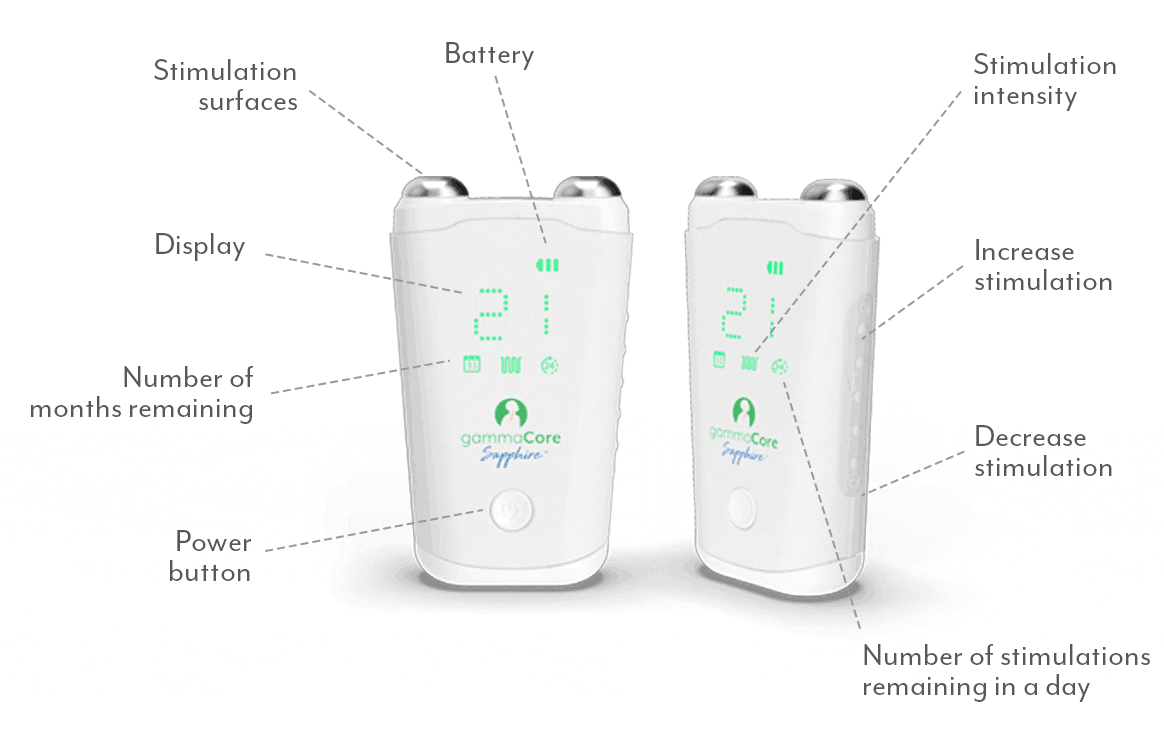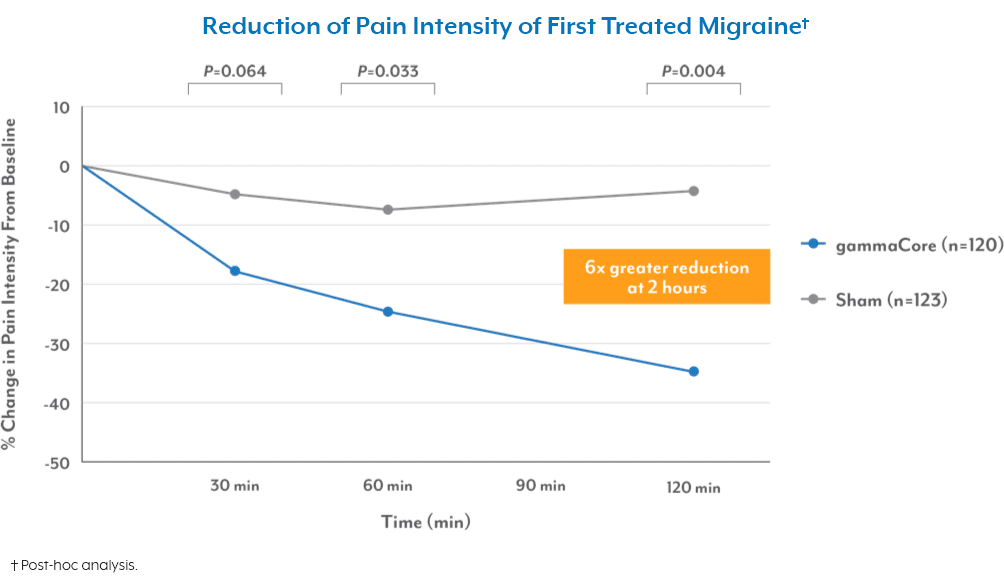
Migraines affect at least 39 million U.S. adults, according to recent research by the American Migraine Foundation. Migraine symptoms go beyond the scope of a typical headache. They can profoundly impact your daily life, making it challenging to perform even basic activities.
While migraines are common, one question often arises: Are migraines hereditary? Understanding the role of genetics in migraines and family history of headaches can help you develop effective management strategies. Unlock the genetic causes of migraines and learn practical tips to manage your symptoms.
What Are Migraines?
Migraines are severe headaches often accompanied by symptoms such as:
- Throbbing pain
- Nausea
- Heightened sensitivity to light
They differ from regular headaches primarily because of intensity or duration. Migraines are more intense than typical headaches and can last anywhere from four to 72 hours. There are also different types of migraine that you can experience, including:
- Migraine with aura, which is associated with visual disturbances.
- Migraine without aura (migraine pain without visual disturbances).
- Chronic migraine, which is a migraine that strikes 15 or more days per month.
Common migraine triggers include stress and hormonal changes. However, genetics also play a significant role.
The Role of Genetics in Migraine
Are migraines hereditary? Scientific research has established that migraines do often have a hereditary component. If one or both parents experience migraines, their children are more likely to suffer from the same. It’s believed that up to 60% of people with migraines have a family history of headaches. Some of the specific genes linked to migraines include:
- CACNA1A
- ATP1A2
- SCN1A
These genes interact in complex ways, influencing an individual’s risk of developing migraine. If migraines are common in your family history, it’s worth exploring the genetic factors of migraine.
Understanding Migraine Inheritance
While genetics play a crucial role, migraines are not solely determined by inheritance. A combination of other external factors can act as a trigger.
Family history provides clues, but lifestyle choices and other individual health conditions can contribute to their onset. Some of these external factors include:
- Environmental factors (e.g., loud noises, bright lights)
- Medications
- Hormonal changes
- Stress
- Sleep disturbances
By understanding both genetic predispositions and external triggers, you can take a proactive approach to managing your migraine symptoms. Even with genetic predispositions, proactive management can help reduce migraine frequency.
Migraine Management Tips
To manage migraine triggers and potentially reduce their impact, consider the following steps:
- Identify, track, and avoid triggers.
- Adopt a healthy lifestyle with a focus on diet and exercise.
- Manage stress effectively.
In addition to these management trips, it’s also important to consult with your health care professional, who can recommend the most appropriate management medications or therapies for you.
Take the First Step Toward Relief
So, are migraines hereditary? Yes! But understanding this genetic connection is the first step toward lasting relief. Consider talking to your health care provider about options like gammaCore™ non-invasive vagus nerve stimulator (nVNS), a portable handheld device you can use yourself at home to treat and prevent migraines. With gammaCore nVNS, you can experience clinically proven, drug-free relief and enjoy more headache-free days without relying on medication.
To see if gammaCore is right for you, visit our clinic finder to locate a health care provider near you, or contact our dedicated Customer Experience team at 888-903-2673 or customerservice@electrocore.com.


